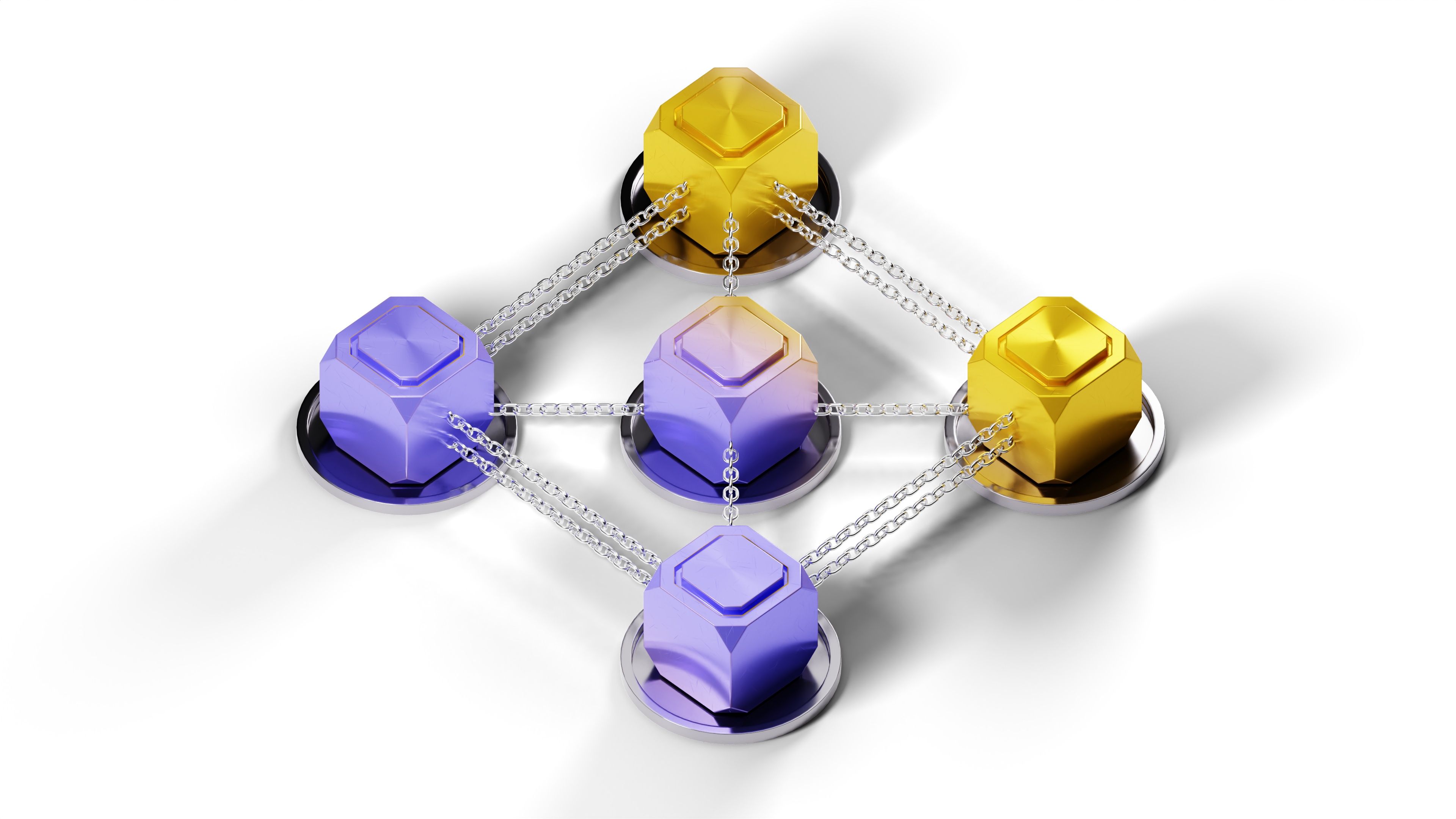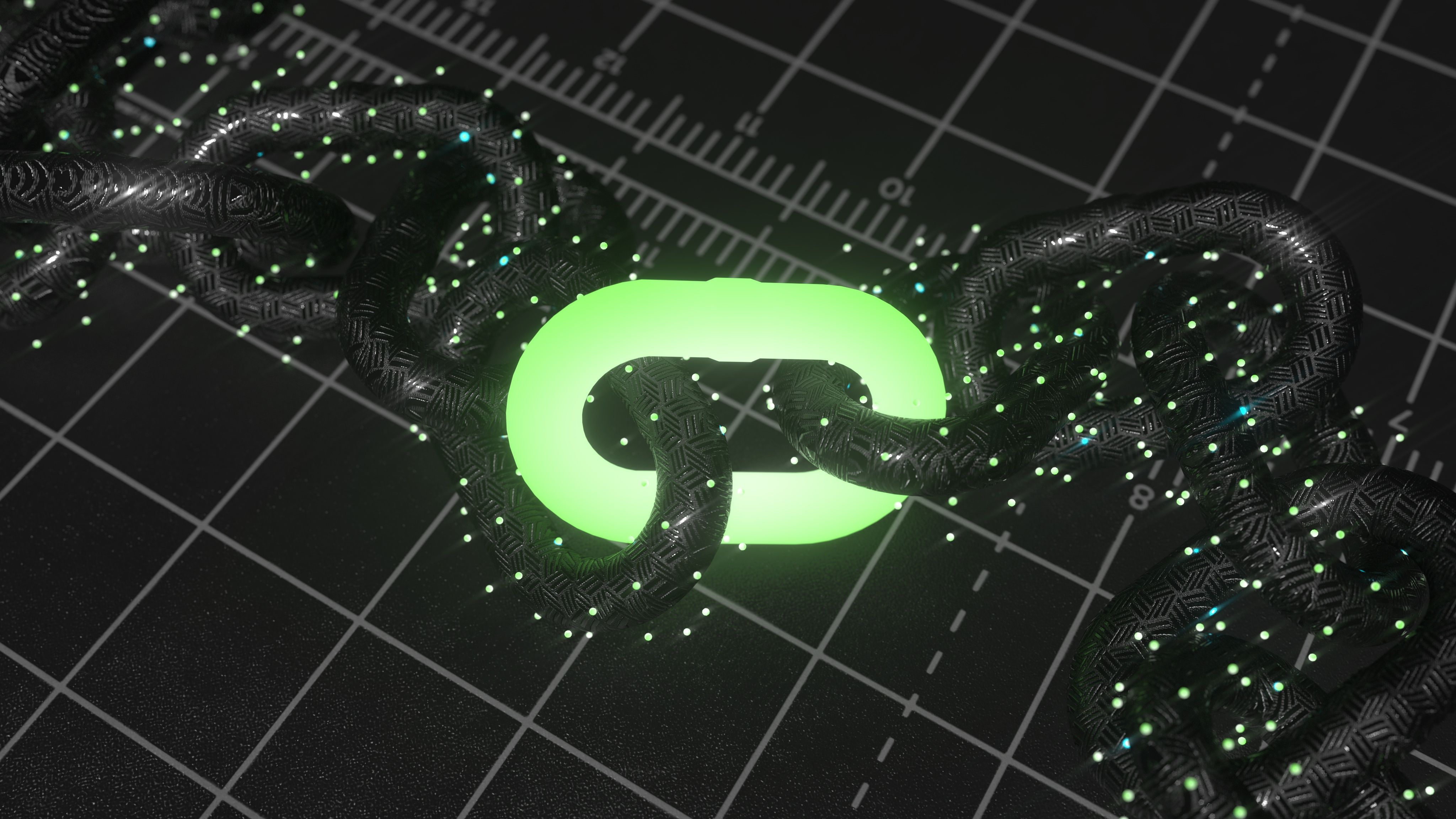Algorand: Bridging the Blockchain Trilemma
Understanding the Blockchain Trilemma
The blockchain trilemma is a widely discussed challenge in the world of distributed ledger technology. It revolves around three core issues: decentralization, security, and scalability. Traditionally, blockchain networks have struggled to achieve all three simultaneously, often sacrificing one to enhance the other two. This trilemma has been a bottleneck for many projects attempting to implement blockchain technology effectively.
Decentralization ensures that no single entity has control over the network, maintaining its core ethos of being a democratized system. Security is paramount to protect data integrity and prevent malicious attacks. Scalability, however, is crucial for widespread adoption, enabling the network to handle a large number of transactions smoothly. Balancing these elements is a key focus for blockchain developers.

Algorand's Unique Approach
Algorand, a next-generation blockchain platform, addresses the trilemma by offering a unique approach that aims to harmonize these three critical aspects. Founded by Turing Award-winning cryptographer Silvio Micali, Algorand utilizes a pure proof-of-stake (PPoS) consensus mechanism. This innovative model allows for rapid transaction processing without compromising decentralization or security.
In a PPoS system, validators are chosen randomly based on their stake in the network. This randomness ensures fairness and decentralization while maintaining high security through cryptographic methods. Consequently, Algorand can process thousands of transactions per second, making it one of the fastest blockchains available today.

Decentralization Without Compromise
One of Algorand's standout features is its ability to maintain full decentralization without sacrificing performance. Unlike traditional proof-of-work (PoW) systems that rely on energy-intensive mining operations, Algorand's PPoS model is energy-efficient and environmentally friendly. This approach democratizes participation by allowing anyone with Algorand tokens to be part of the consensus process.
Moreover, Algorand's architecture is designed to prevent centralization of power. By ensuring that all participants have an equal opportunity to validate transactions, the network remains open and inclusive. This decentralized structure is critical for fostering trust and transparency among users.

Ensuring Robust Security
Security is an integral component of Algorand’s design. The platform employs advanced cryptographic techniques to safeguard against threats and vulnerabilities. Every transaction on Algorand is final and cannot be altered once confirmed, providing users with peace of mind regarding data integrity.
Additionally, Algorand's protocol offers protection against common attacks such as Sybil attacks and malicious forks. By leveraging cutting-edge cryptography, the network ensures that only legitimate and authorized transactions are processed, further strengthening its security framework.
Scalability for Global Reach
Scalability remains a cornerstone of Algorand’s mission to become a global blockchain solution. The platform's ability to process thousands of transactions per second with low latency positions it as an ideal choice for various applications, from financial services to supply chain management.
Algorand's scalability ensures that as demand increases, the network can accommodate growth without compromising performance. This capability is crucial for businesses and developers aiming to build scalable applications on a robust and reliable blockchain infrastructure.

The Future of Blockchain with Algorand
As blockchain technology continues to evolve, Algorand stands out as a pioneering force in bridging the blockchain trilemma. By achieving decentralization, security, and scalability simultaneously, Algorand sets a new standard for what blockchain platforms can achieve.
With ongoing developments and innovations in its ecosystem, Algorand is poised to play a significant role in shaping the future of decentralized technologies. Its commitment to solving the trilemma not only enhances current blockchain capabilities but also paves the way for new possibilities in digital transformation.
